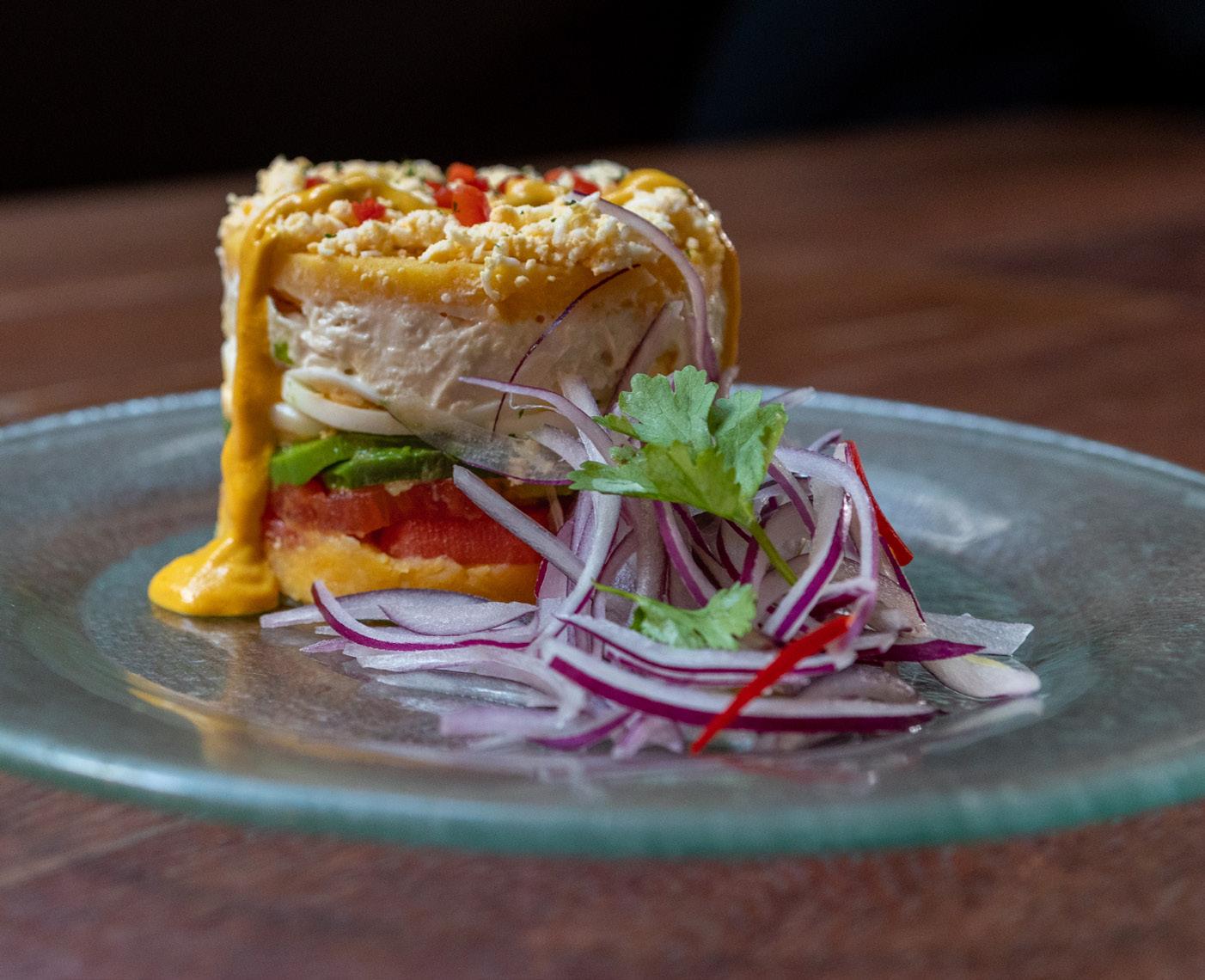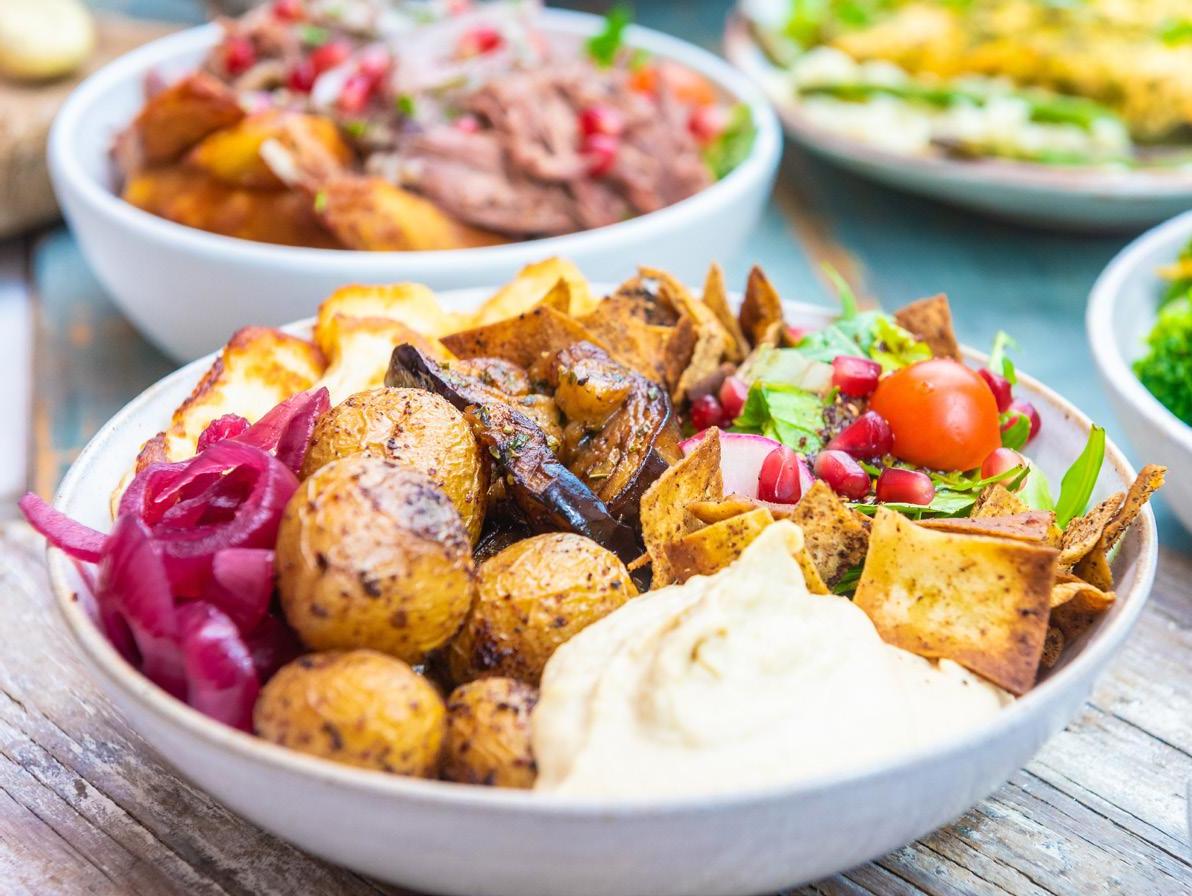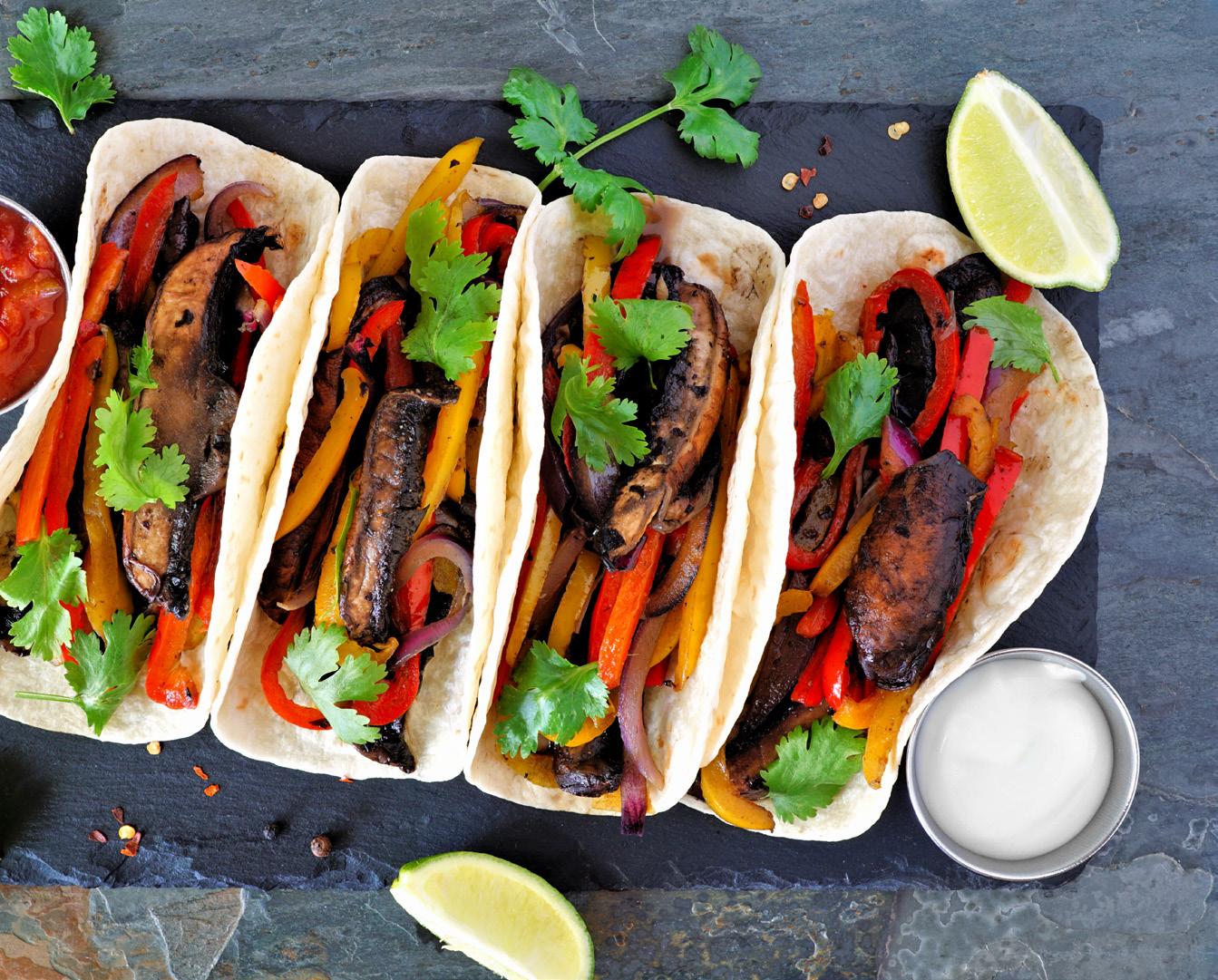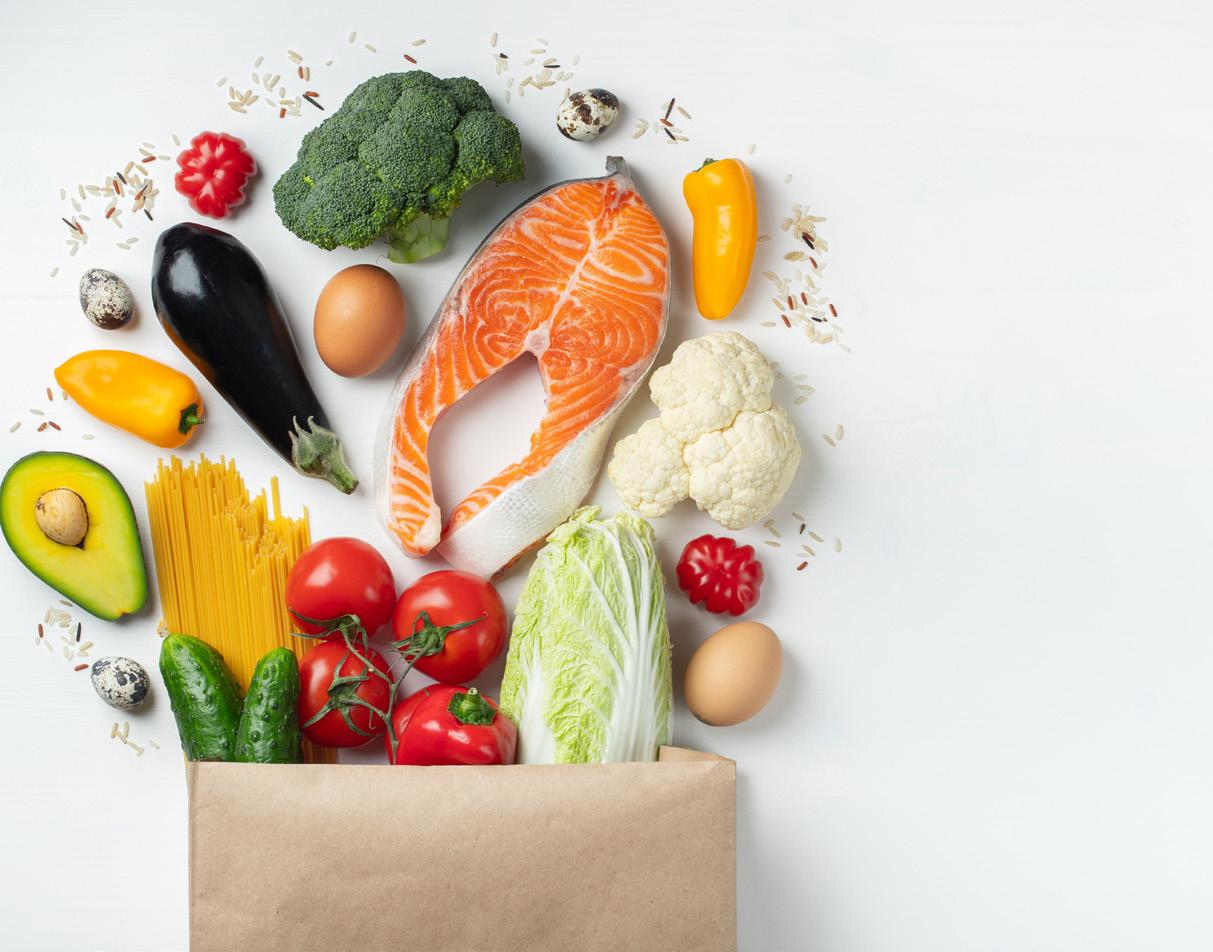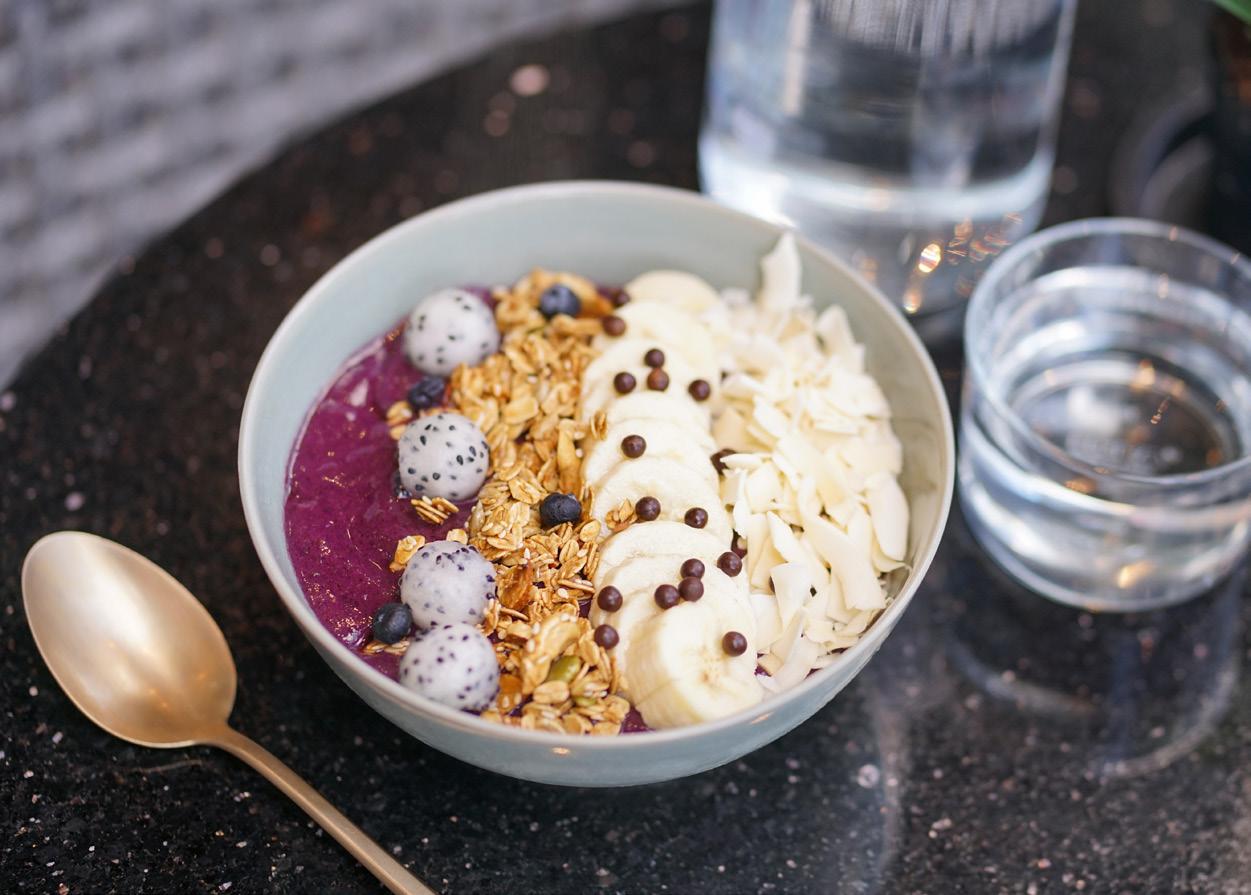
2 minute read
Taste first, think second: Consumers in South America want products that challenge their sensory perceptions
Natural blueprint: Consumers want reassurance that ingredients in products are real and authentic
Natural remains a priority for consumers in South America when choosing food and drink and is a product attribute that is prioritised when evaluating a product, alongside perceptions of taste, price, and sugar content. Consumers are being more attentive to the ingredients used in products because they want real and authentic ingredients that they deem natural and nutritious, and want to avoid any ingredients which they associate with being detrimental to their health and the wider environment. Attentiveness to product formulation is also driven by sceptical consumers believing that brands can often make nutritional labelling deliberately complex in order to disguise certain ingredients used in product formulation. As such, there is growing demand for streamlined ingredient lists and simplified nutritional labelling.
In the wake of COVID-19, demand for natural products has grown as consumers have become more health conscious and risk averse. Natural products are associated with a variety of benefits such as products being tastier, healthier, safer, and better quality. Moreover, natural ingredients also tend to be associated with local production. This means that more than ever, consumers will be attentive to natural claims when purchasing food and drink. They will also attach importance to clean and green packaging as they express concern that chemicals used in product packaging may pose a risk of contaminating the product inside.
Although consumers have favourable perceptions of natural claims because of the related benefits, it is also important to remember that consumers are more sceptical than ever about the practices and policies of brands. The word natural, as well as related claims such as sustainable and local, are subjective in nature. Whilst consumers may associate natural formulation with certain traits, a product may be labelled as natural for a different reason which will create feelings of distrust within the industry overall. As such, it will be more important than ever before that brands look to validate and authenticate natural claims made.
Proportion of consumers who say it is important that food and drink is 100% natural (2019/2020)
75% 71%
61% 71%
Argentina Brazil
Source: Clean label and naturalness survey, Q1 2019/Q1 2020 (5,000 respondents)
Chile Colombia
Why is it important that food and drink is 100% natural? Consumers who say it is important food and drink is 100% natural Natural food and drink is… South America
Tasty Better quality Healthy Better for the environment 57%
52%
48%
42%
Source: Clean label and naturalness survey, Q1 2019/Q1 2020 ( 5,000 respondents)

